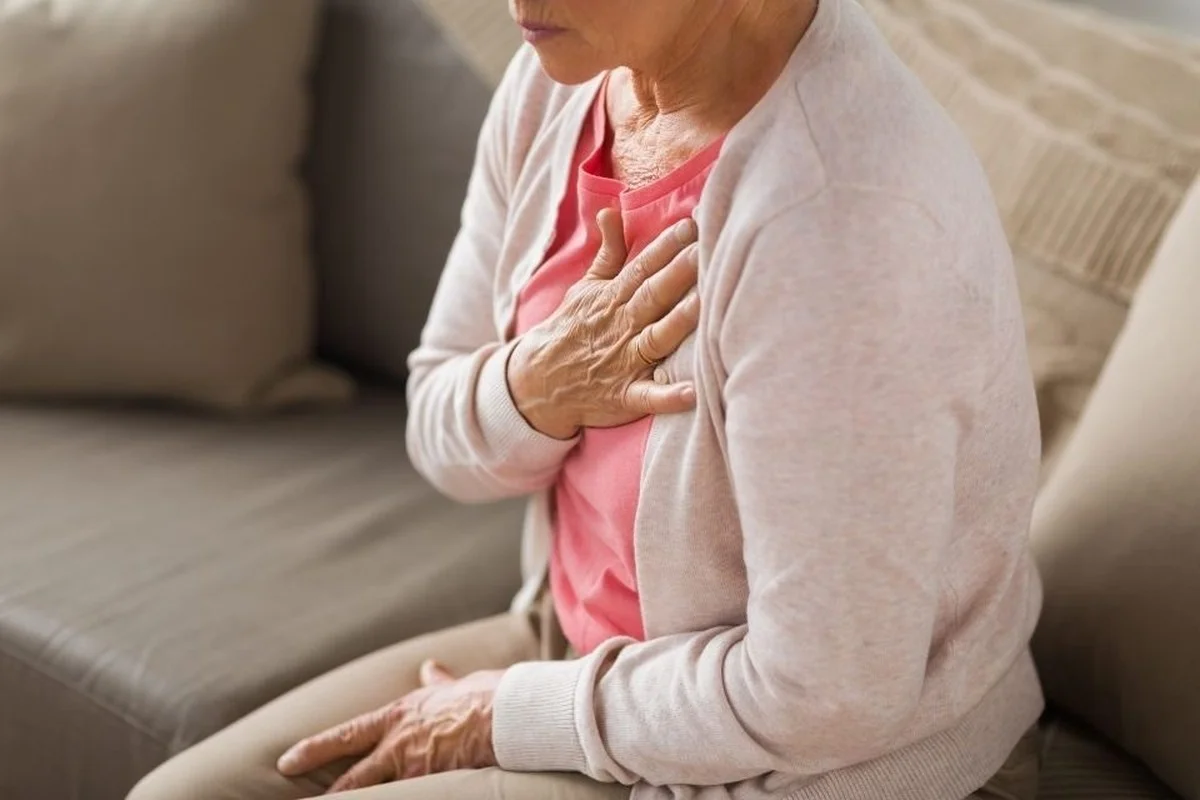12/10/2025
12/10/2025

NEW YORK, Oct 12: Heart attacks don’t always come on with dramatic symptoms, experts say — and failing to act on the warning signs can be deadly.
Dr. Donald Lloyd‑Jones, a cardiology professor at Boston University, says many people hesitate to go to the emergency room, worried they might be overreacting. “You don’t want to cry wolf,” he said. But when blood flow to the heart is blocked or reduced, the heart muscle begins to die. Delaying care can lead to irreversible damage, warned Dr. Seth Martin, a cardiologist at Johns Hopkins Medicine.
While fatal heart attacks are down nearly 90 percent since 1970, they remain a leading cause of death. In the U.S., about 805,000 people have a heart attack every year — and 12 percent end in death.
Contrary to cinematic portrayals, a heart attack doesn’t always start with someone clutching their chest and collapsing. “Not every heart attack looks like what you see in the movies,” said Dr. Latha Palaniappan of Stanford University.
Here are the most common signs, according to cardiology experts:
Chest pain or discomfort
The hallmark symptom is pressure, squeezing, or fullness in the center of the chest — often described as “an elephant sitting on your chest.” Some may dismiss it as heartburn, but the quality is different: heartburn burns; heart attack pain presses or squeezes. If the pain lasts for minutes or comes and goes, seek medical help immediately.
Pain in the jaw, neck, back, or arms
Chest pain often radiates outward. Patients may feel pressure or ache in the neck, shoulders, arms (commonly the left, but possibly the right), or even the back and jaw.
Shortness of breath
When the damaged heart muscle can’t pump efficiently, fluid can accumulate in the lungs. This may lead to sudden shortness of breath, even when at rest — with or without chest discomfort.
Fatigue, nausea, lightheadedness
Some heart attacks start with unexplained fatigue. Others may present nausea, dizziness, cold sweats, or a sense of doom. Anxiety-like symptoms are not uncommon.
More than 20 percent of heart attacks are “silent” — producing mild or unrecognized symptoms that are mistaken for flu or indigestion — yet still causing heart damage visible later on.
Experts emphasize: if symptoms feel unusual, new, or severe, don’t delay. And don’t drive yourself to the hospital — call the emergency number. Emergency medical crews can begin treatment before reaching the hospital, improving chances of survival and recovery.
Women are especially prone to dismissing atypical signs, studies show. Physicians recommend arriving at the emergency room within 30 minutes of noticing symptoms and beginning treatment within 90 minutes.
As Dr. Palaniappan said, if it turns out you weren’t having a heart attack, that’s good news — but it’s far better to get checked than risk ignoring the warning signs.


